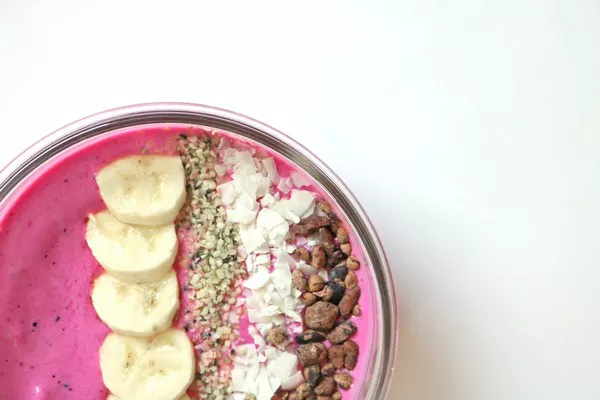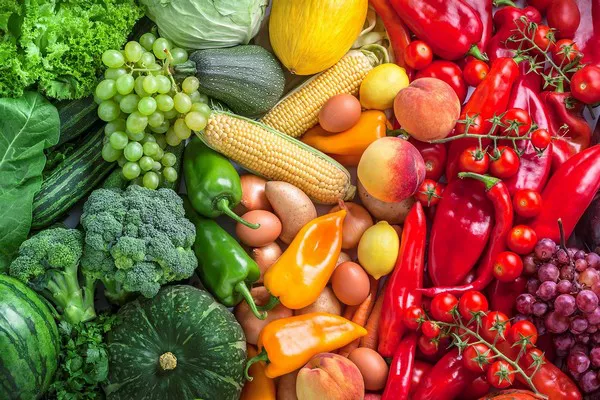In recent years, the importance of protein in our diet has taken center stage. Protein is often touted as the building block of life, essential for muscle growth, tissue repair, and overall well-being. When we think of protein-rich foods, oats may not be the first thing that comes to mind. Oats are commonly associated with carbohydrates and fiber, but do oats have protein? In this comprehensive article, we will delve deep into the protein content of oats, exploring their nutritional profile, their role in a balanced diet, and their potential benefits. So, let’s set the record straight and uncover the protein-packed secrets of oats.
The Protein Puzzle: Unraveling the Nutritional Profile of Oats
Before we can answer the question “Do oats have protein?” definitively, let’s examine the nutritional composition of oats. Oats are a cereal grain primarily cultivated for their seeds, which we consume in various forms, including rolled oats, steel-cut oats, and oat flour. To gauge their protein content, we must first understand what makes up the oats themselves.
Oats are indeed rich in protein. They contain approximately 16-17% protein by weight. This protein primarily comprises avenalin and globulin, both of which belong to the albumin and globulin protein classes. However, it’s important to note that the protein content may vary slightly depending on factors like oat variety and processing methods.
Protein in Oats: A Detailed Breakdown
Now that we’ve established that oats do contain protein, let’s break it down further. The protein content in oats consists of various amino acids, which are the building blocks of protein molecules. The amino acid profile of oats is well-balanced and includes all nine essential amino acids that our bodies cannot produce on their own. These essential amino acids play a crucial role in muscle growth, immune function, and overall health.
One notable amino acid in oats is lysine, which is often limited in plant-based protein sources. Lysine is essential for collagen production, calcium absorption, and the formation of antibodies. Oats provide a decent amount of lysine, making them a valuable addition to the diets of vegetarians and vegans who may struggle to meet their lysine requirements.
The Protein Powerhouse: Oats in Your Diet
Now that we’ve established that oats contain protein and have a balanced amino acid profile, it’s essential to discuss how you can incorporate them into your diet effectively. Oats are a versatile ingredient that can be enjoyed in various forms, making it easy to boost your protein intake.
Oats for Breakfast: The Protein-Packed Start
One of the most popular ways to enjoy oats is in the form of oatmeal. A bowl of oatmeal can provide a substantial amount of protein to kickstart your day. You can enhance its protein content even further by topping it with nuts, seeds, yogurt, or milk. This combination not only increases the protein intake but also adds a delightful crunch and flavor.
Protein-Packed Smoothies
Another creative way to incorporate oats into your diet is by adding them to your morning smoothie. Oats blend well with fruits, vegetables, and protein-rich Greek yogurt, creating a creamy and nutritious concoction. This breakfast option not only offers a protein boost but also provides essential vitamins and minerals.
Baking with Oats: A Protein-Packed Treat
Oats can be integrated into baked goods, such as cookies, muffins, and pancakes, to add a protein punch. By using oat flour or rolled oats in your recipes, you can create delicious treats that are not only tasty but also higher in protein compared to traditional alternatives.
Savory Oat-Based Dishes
Oats are not limited to sweet dishes. You can experiment with savory oat-based recipes as well. Consider making oat risotto, savory oat porridge, or incorporating oats into veggie burgers for an added protein boost.
Protein Beyond the Numbers: The Health Benefits of Oats
Now that we’ve established that oats do contain protein and are versatile in the kitchen, let’s explore the broader health benefits they offer. Oats are more than just a source of protein; they are a nutritional powerhouse with numerous advantages for your well-being.
Heart Health and Cholesterol Management
Oats are well-known for their heart-healthy properties. The soluble fiber in oats, known as beta-glucans, has been extensively studied for its ability to reduce LDL cholesterol levels. By including oats in your diet, you can help lower your risk of heart disease and improve your overall cardiovascular health.
Stable Blood Sugar Levels
Oats have a low glycemic index, which means they are digested and absorbed slowly, resulting in a gradual increase in blood sugar levels. This makes oats an excellent choice for individuals looking to manage their blood sugar levels and prevent energy spikes and crashes.
Weight Management
Protein is known for its satiating effect, helping you feel fuller for longer. Oats, with their combination of protein and fiber, can help control your appetite and support weight management efforts. Including oats in your diet may reduce overall calorie intake, making it easier to maintain a healthy weight.
Digestive Health
The fiber in oats not only aids in cholesterol management but also promotes healthy digestion. It can help prevent constipation and support a balanced gut microbiome, which is essential for overall well-being.
Conclusion
In conclusion, the answer to the question, “Do oats have protein?” is a resounding yes. Oats are a valuable source of protein with a well-balanced amino acid profile, making them an excellent addition to any diet. Beyond their protein content, oats offer a myriad of health benefits, including heart health, stable blood sugar levels, weight management, and digestive well-being.
To reap the full rewards of oats, consider incorporating them into your daily meals. Whether you start your day with a protein-packed oatmeal bowl, blend them into smoothies, or use them in baking, oats can be a versatile and nutritious addition to your diet. So, embrace the protein power of oats and enjoy the benefits of this humble grain in maintaining a balanced and healthy lifestyle.
[inline_related_posts title=”You Might Be Interested In” title_align=”left” style=”list” number=”6″ align=”none” ids=”2503,2485,2405″ by=”categories” orderby=”rand” order=”DESC” hide_thumb=”no” thumb_right=”no” views=”no” date=”yes” grid_columns=”2″ post_type=”” tax=””]



































